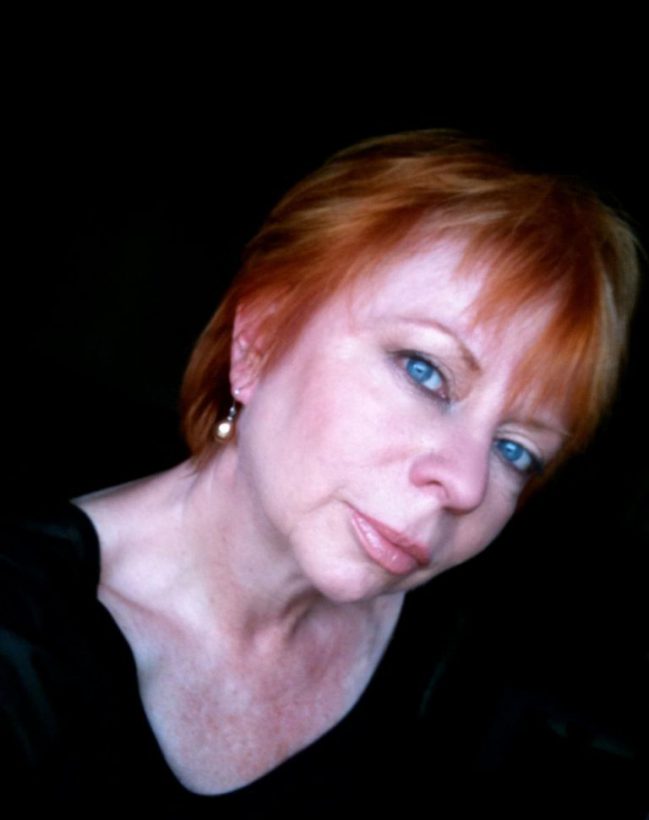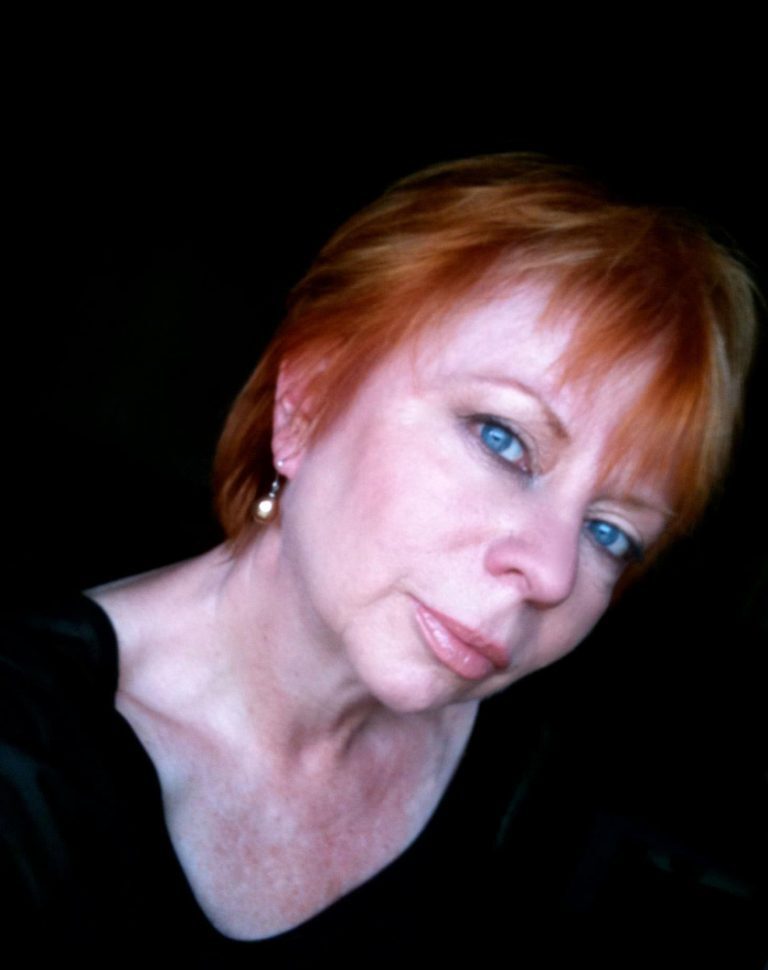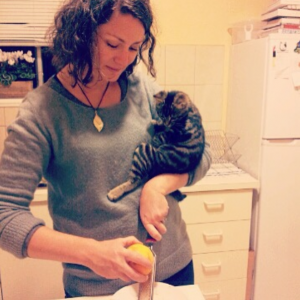Tellwell editor Kim Martins shares tips for transforming your manuscript
Get pro tips from a Tellwell book editor on perfecting your manuscript & improving your writing.
Everyone should read, read, and then read more. It exercises the brain and improves mental health, but it is also great fun to lose yourself in another world for a few hours.
Kim Martins – Editor
If you’re an aspiring author, you know how crucial it is to have your manuscript polished to perfection before submitting it to publishers. That’s where manuscript editor Kim Martins comes in. With years of experience under her belt, Kim has edited a wide range of genres and helped numerous authors refine their writing. In this exclusive interview, Kim, an Australian editor based in New Zealand, opens up about her inspiration for becoming an editor and her all-time favourite books, and shares valuable tips and advice on how authors can improve their writing and increase their chances of success.
Can you tell us about your role as a book editor at the publishing company? What are your responsibilities, and what does your typical workday look like?
I edit everything from poetry collections to memoirs and novels in most genres, and it is a joy to work with authors. My typical workday begins around 8.00 a.m., and it might include a manuscript evaluation, paying close attention to story structure and character arc. Or it might be a substantive edit of a novel, which means I look at the manuscript broadly and help the author with things like pacing, clarifying plot points or possibly ambiguous sentences, whether the narrative is being lost due to unnecessary inclusion of too much information, and so on.
Because the editing process is thorough, I might also work on manuscripts that have been through a substantive editing round and have now moved to the copy and line edit. With copy editing, grammar, spelling and punctuation are looked at as well as fact-checking, while line editing involves tightening up sentence structure so the language is sharp.




